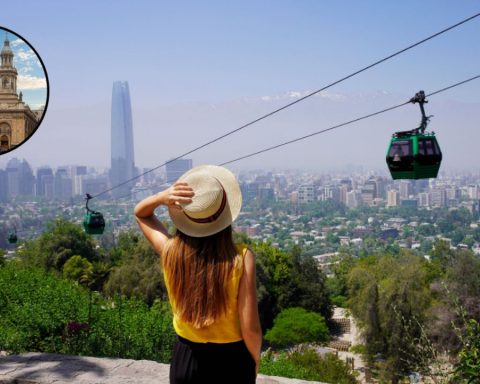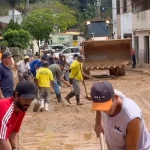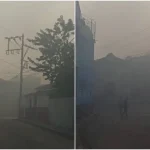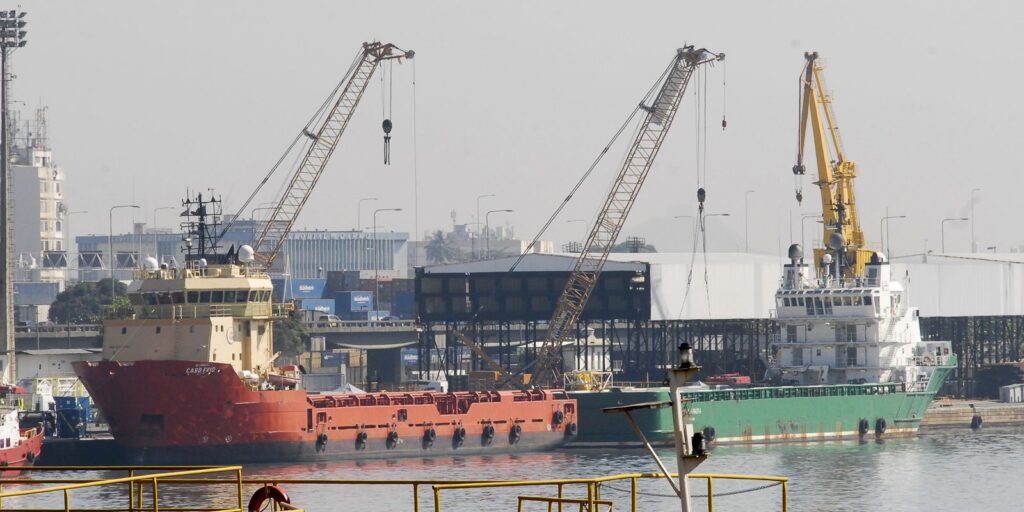The National Renewal (RN) bench of deputies issued a document, in response and by way of criticism of the agreement and security agenda presented by the Government —in charge of the Minister of the Interior, Carolina Tohá (PPD)—.
Let us remember that, with a focus on the prevention of crimes and the care of victims, the Executive signed the “Cross-cutting Commitment for Security”, although without the signatures of the opposition parties, who withdrew from the security table — with the exception of of Senator Manuel José Ossandón— after the 13 pardons granted by the President at the end of 2022.
As a result of this, the Government indicated that “the legitimate debates of democracy cannot translate into postponing urgent decisions that the country must take, nor lead to a climate of confrontation and recriminations that prevents progress with serious and evidence-based responses, to prevent crime, face it decisively and reverse the climate of insecurity that affects us”.
The response was not long in coming and, from Chile Vamos, the RN deputies criticized the presentation of La Moneda, describing it as “an attack on intellectual property or plagiarism, a good way to define the ‘road map’ that the Government built “.
The opposition parliamentarians accuse that “a large percentage of the proposals that seem to arise from the sudden conviction of the government are initiatives in the legislative process, either from presidential messages from former President Piñera or from parliamentary motions, many from the bench of deputies from RN”.
They name initiatives such as the project that modifies the organic law of municipalities to strengthen the preventive role of local governments. And, what in his opinion is “another aspect that borders on the shameful” of the government document, would be what refers to arms control and the implementation of the traceability system or ballistic DNA, which, they say, “has regulatory and financial support after the reforms promoted to the arms control law by the previous government”.
In addition, “the proposals for organized crime or drugs, which supposedly occupy the priority of the government’s security policy, are nothing more than providing urgency in the dispatch of projects from the previous government that President Boric himself voted against,” affirms the bench headed by deputy Andrés Longton. In this sense, they also lament “deficiencies in the battery of proposals”, such as the statute of protection of the police function, the Office of the Ombudsman for Victims and matters of combating terrorism.
Chile Vamos shows no signs of returning to the security table, although they acknowledge that they will support some projects with which they agree, since the security issue is relevant to the right, especially when congressman Jorge Alessandri (UDI) has the presidency of the Security Commission of the Chamber, meanwhile —according to Third— Senator Ossandón also intends to draft a document with the points on which he does not agree.
“We got up from the security table because as a result of the pardons it became clear to us that the table was a hoax, and that this deception was going to be reflected in a document that was going to give the appearance that measures were going to be promoted to give greater security for Chileans, when finally, as it happened, they were going to give up and kneel once again in front of the Communist Party and the Broad Front, leaving out fundamental matters”, commented Deputy Longton.
See RN’s statement, below.
Bancada RN addresses commitment to safety by The counter on Scribd


















